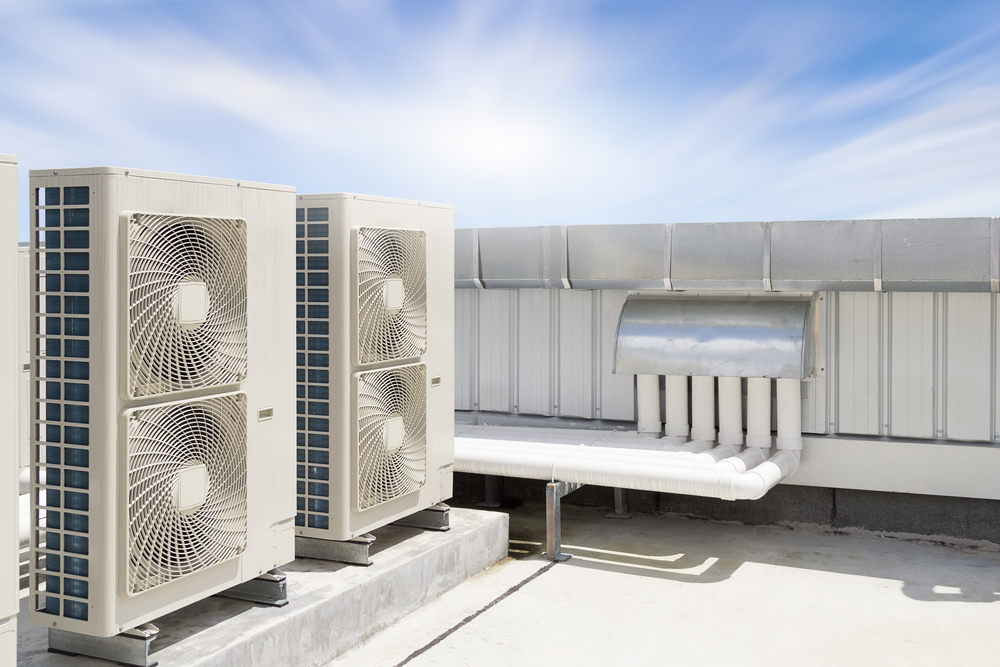 Your air conditioner provides you with the cool breeze that you need most during the year’s hottest days, but if it isn’t working properly, you might struggle to find comfort. There are several reasons why your aircon might be on the fritz, but only identifying the source of your current trouble will allow you to find a solution and put your system back on track to cooling your home. Air conditioners are sensitive and complicated machines, and they have to be taken care of if you want them to give you the relief that you crave. One of the most vital parts of your air conditioner is the compressor, but compressors are also notoriously vulnerable and can be affected in several ways. Fortunately, we’re here to help. Read on, and learn what you need to do when your AC compressor is not running.
Your air conditioner provides you with the cool breeze that you need most during the year’s hottest days, but if it isn’t working properly, you might struggle to find comfort. There are several reasons why your aircon might be on the fritz, but only identifying the source of your current trouble will allow you to find a solution and put your system back on track to cooling your home. Air conditioners are sensitive and complicated machines, and they have to be taken care of if you want them to give you the relief that you crave. One of the most vital parts of your air conditioner is the compressor, but compressors are also notoriously vulnerable and can be affected in several ways. Fortunately, we’re here to help. Read on, and learn what you need to do when your AC compressor is not running.
Why Does It Matter if Your AC Compressor is Not Running?
You might not understand why the compressor is such a big deal, but trust us—it is. Here’s why: the compressor is responsible for one of the most fundamental and vital functions that your air conditioner has. Its job is to circulate refrigerant through the system so that the cooling cycle can take place. Already too much information? No worries. Here’s a quick breakdown:
- Refrigerant is the chemical that allows the cooling process to take place.
- Refrigerant undergoes various state changes as it moves throughout the system.
- As the refrigerant moves through the system and changes states, it draws heat out of the air around it.
- The refrigerant eventually reaches the outdoor unit, where it changes states again and expels the heat it is carrying into the air outside your home.
- Because of this transfer, the air in your home becomes cooler, and you can relax in hot weather.
Your compressor also squeezes the refrigerant—applying pressure (or “compressing”) so that it can be forced through the system and into the outdoor unit. At this point, the refrigerant will release the heat that it carries in its gaseous form and condense into a liquid state. When this liquid refrigerant continues its trip, and hits the evaporator in the indoor unit, it sucks heat from the air in your home. It then returns to the compressor, and the cycle begins once more.
Now that you understand the vital role that the compressor plays, you can see why compressor issues would completely prevent your air conditioner from functioning. Think of the compressor as though it is the heart of your air conditioner—a compressor malfunction is the aircon equivalent of a heart attack. Broken compressors can be replaced, but such replacements are often costly. They can cost up to $1800, which means that a compressor failure is something you want to avoid at all costs.
What Can Go Wrong with a Compressor?
The following is a list of ways that your compressor can be affected by problems in your air conditioner. The best way to deal with compressor trouble is to avoid it altogether, so it’s vital that you take diligent care of your AC and provide routine maintenance for it on a regular basis. Look out for signs of the following problems so that you can nip them in the bud:
- The compressor becomes “stuck” due to an excess of grime or dust settling on it, or overheats when your condenser coils are covered in dirt. Avoid this issue by having the AC ducts professionally cleaned every 2-5 years.
- The condenser fan motor near the compressor suffers from a malfunction, and the compressor stops automatically. Condenser fan motors can be replaced for less than the compressor itself, but you should avoid trying to use your AC until you have done so.
- The compressor becomes damaged due to a loss of refrigerant in the AC system. The compressor in your air conditioner is connected to refrigerant lines at several points. If any of these points develop leaks, then refrigerant will leak from them and force the compressor to work too hard. As a result, it will wear itself out prematurely and suffer the kind of damage that can demand a replacement before you’re ready. Check your refrigerant levels regularly by having a licensed HVAC technician visit your home once or twice a year and conduct diagnostic tests to ensure that all is as it should be.
An AC Compressor that is Not Running Isn’t Necessarily the End of the World
Remember: just because your AC compressor is not running, that doesn’t mean it has failed utterly. The problem could be the condenser fan motor. Call a professional and make sure—while you’re at it, have them check the system for leaks. What you learn could help you put your system back in action without having to replace the compressor entirely.
Check with us here at Valley Comfort Heating and Air, our customers love our attention to detail and our friendly, affordable service. (707) 539-4533

